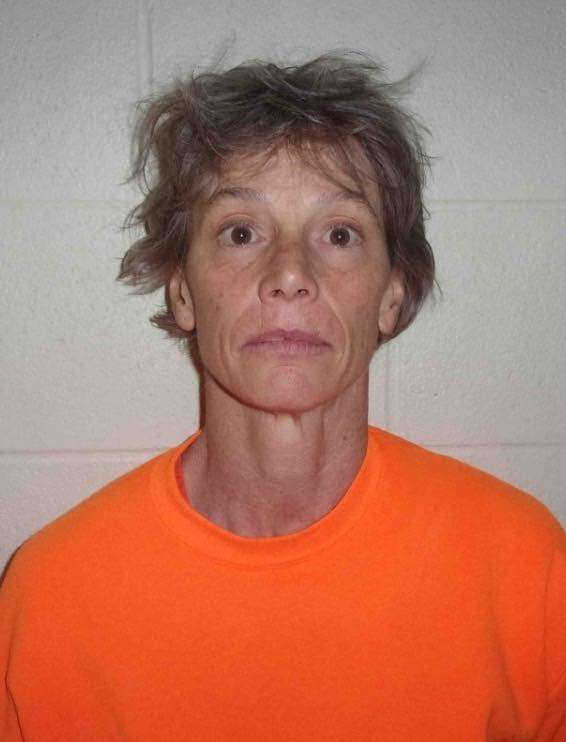Hearing highlights issues with state hospital systemic failure
by Kim Black
Baca Resident Leslie Lorish remains in custody and it is unlikely that she will be released any time soon. That decision was handed down by a judge following a hearing on Aug. 28.
Judge Kim Cortez ruled Lorish incompetent to stand trial and ordered inpatient restoration, requiring her to remain in-custody until the state hospital can admit her. Lorish’s next hearing on restoration treatment is set for Sept. 25 at 3:30 p.m., at the Alamosa Competency Court, in Alamosa, CO.
The most recent ruling followed an earlier hearing on Aug. 18 that drew strong concern from the Crestone community. At that hearing, Judge Cortez ruled Lorish had a constitutional right for reasonable access to bond and a second competency evaluation, citing systemic failures at the state hospital as the reason she could not be evaluated in-patient.
District Attorney Anne Kelly, speaking on behalf of residents, argued Lorish committed felonies, violated protection orders on bond and posed an increasing threat to the community. She urged the court to revoke her bonds and order inpatient evaluation.
Judge Cortez acknowledged the danger to the community and raised Lorish’s bond to $50,000 for each of the three recent felonies—$150,000 total—and added compliance with a new protection order, no social media posting and participation in mental health treatment.
Lorish, dressed in an orange jumpsuit with chains and ankle cuffs, remained silent while her defense attorney spoke on her behalf during both hearings.
Residents, neighbors and alleged victims gathered outside the courtroom Aug. 18, showing visible concern over the decision. One resident, asking to remain anonymous, urged close monitoring of Lorish’s social media.
Another resident who also asked for anonymity said, “I hope that she is locked up, that she gets the help she needs. I hope that she doesn’t come back into society until she is better and could be trusted. She’s scary and I’m sorry that I feel this way, but I think she does need to be locked up and does need mental health help.”
D.A. Kelly said she was “at a loss,” during the first hearing and repeated her concerns about public safety, criticizing ongoing state hospital failures. She openly admits to being outspoken, stressing that state hospitals are being mismanaged and consistently violate human rights.
Colorado’s state hospital system was sued in 2011 for violating patients’ rights due to delays in inpatient evaluations, leaving inmates to wait months in county jails without treatment. The Colorado Department of Human Services (CDHS), responsible for competency evaluations ordered by criminal courts in the state, agreed to pay $10 million annually in fines rather than overhaul the system. Since then, CDHS has faced repeated contempt citations and ongoing lawsuits from Disability Law Colorado. According to the DLC website, portions of the millions have been redirected to other state programs, including the Colorado Coalition for the Homeless.
State hospital evaluation wait times affect rural communities like the San Luis Valley, which lack community or nonprofit inpatient treatment facilities. These wait times can halt criminal proceedings for months up to a year. Local judges must choose between releasing allegedly dangerous individuals back into the community or holding them without adequate care. Colorado currently has the third-longest waitlist in the country, with 448 people awaiting admission as of January of this year, according to the Treatment Advocacy Center.
On the local level, Kelly attended a crowded Crestone Peace Patrol meeting on Aug. 28, where she answered questions from concerned community members about the Lorish case. She reiterated much of the information she presented during Lorish’s hearings.


